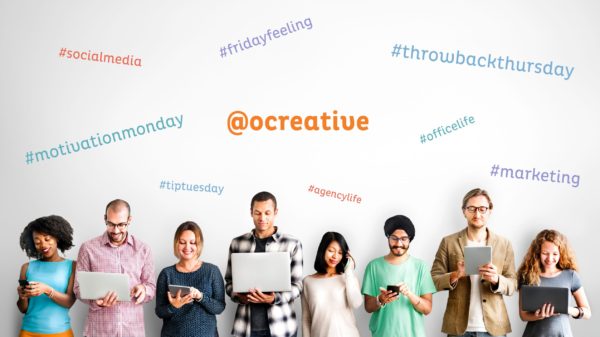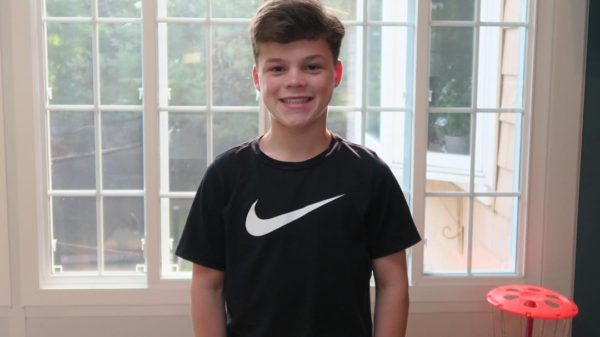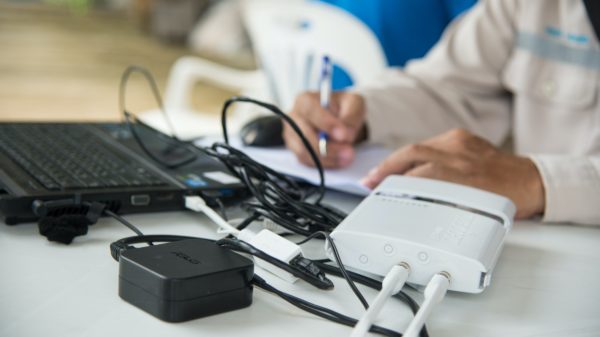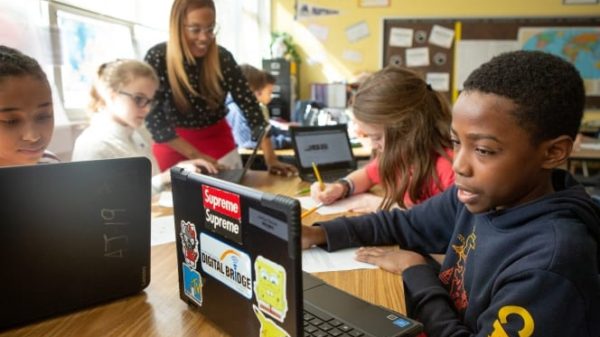While it is frequently talked about in meeting rooms as a significant danger, environmental change is additionally a business opportunity. The low-carbon progress opens doors for proficiency, development, and opportunity that reaches out past high-carbon businesses like energy and transport to all areas.
Organizations can spare energy and materials costs, serve new client needs, improve their reputations, and better attract and retain talent — all as an outcome of attempting to lessen their outflows and those of their clients and providers.
As we show beneath, those that apply a “green” focal point to recuperation planning could reveal trillions of dollars in low-carbon openings.
Cost Management
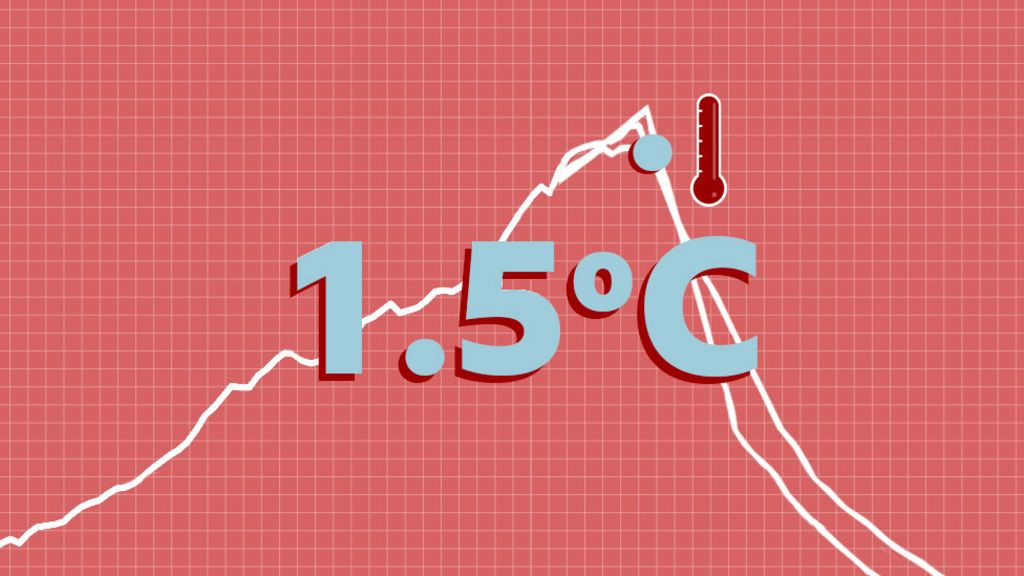
Green operations are lean operations, and organizations with adequate capital use adaptability to cause brilliant green investments to lessen their expenses when each dollar counts.
Greener operations can decrease capital expenses. The fast development in green loaning — where utilization of proceeds is attached to explicit low-carbon ventures — and supportability connected lending — where borrowing costs are connected to manageability execution, however with adaptability regarding how proceeds are utilized — gives new opportunities to get to less expensive finances.
For instance, Prologis, Avangrid, CMS Energy, and Xylem have all consented to new credit plans for loan costs connected to maintainability execution, and U.S. banks are focusing on this new market for development.
Benefiting from Changes in Behavior

The pandemic has forced changes in working game plans and lifestyles that may make opportunities to expand green productivity investment funds. For instance, distance working may give opportunities to diminish travel and cut office use and energy costs. Nonetheless, more basic movements in perspectives may likewise be in progress.
Research firm IPSOS Mori found that the greater part of Americans (59%) think that environmental change is as genuine an issue as COVID-19. And need to see it organized in recovery planning — a finding replicated all over the world.
Organizations that benefit from these mentalities might have the option to upgrade. Brand dependability and increment market share among concerned buyers. Research by New York University’s Stern Center for Sustainable Business has discovered that feasible brands have expanded a lot of the U.S. market during the pandemic.
Put another way, organizations with driving natural accreditations will be at a bit of advantage. When recuperation takes off and the opposition for talent warms up. The advantages will keep on expanding admirably after the pandemic has melted away.
As the work power turns out to be progressively overwhelmed by millennial and Gen Z accomplices. Who places a higher premium on employers’ climate accreditations.
New Revenue Opportunities
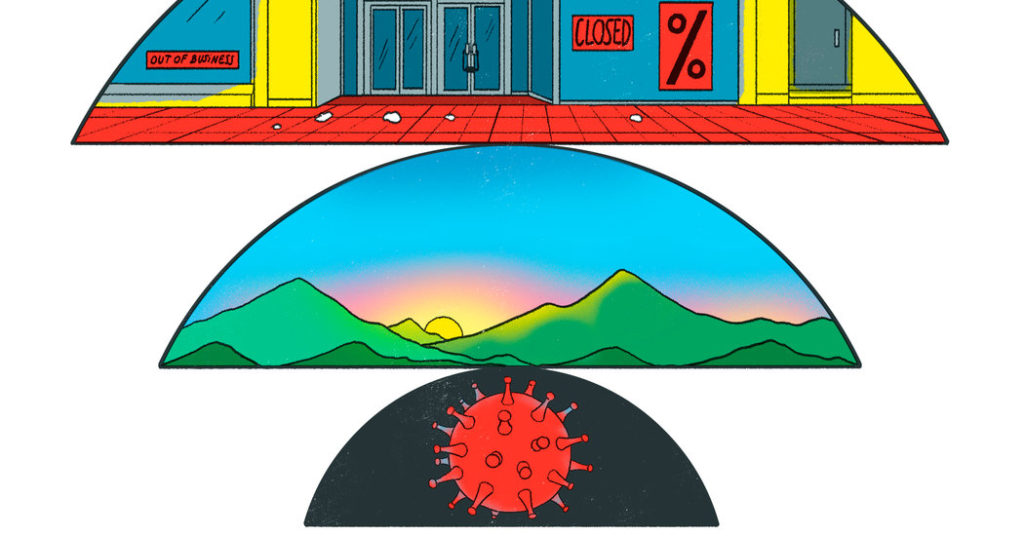
Indeed, even before the Covid hit, the multi-trillion-dollar size of the low-carbon business opportunity was richly clear. In 2018, 225 of the world’s biggest organizations announced over $2 trillion of atmosphere related opportunities. From low-carbon products and enterprises, showing the possibility to increase new types of potential gains from moving customer preferences.
A year ago, European organizations alone distinguished $1.4 trillion of opportunities. With the United States having the biggest green economy on the planet, low-carbon opportunities for American organizations ought to be even bigger.
The Green Horizon

Coronavirus has not removed these opportunities. The immediate challenges of managing the crisis may occupy from decarbonization endeavors for the time being. The movement of change might be eased back if government improvement plans favor high-carbon exercises over low-carbon ones.
By giving sovereignties help to oil and gas organizations instead of giving impetuses to productivity innovation overhauls or electric vehicles. Be that as it may, the last objective — a zero-emission economy — is unavoidable. This is for the straightforward explanation that environmental change will stop just once net worldwide discharges have arrived at zero. The progress has far to go and much more incentive to make.
With numerous supervisory crews zeroed in on strategic issues of endurance in the wake of the Covid pandemic. Directors have a basic task to carry out in ensuring that methodologies keep sight of the trillions of dollars to be picked up from low-carbon opportunities on the other side of the crisis. The prize is just going to get greater.
Opinions expressed by AsianBlurb contributors are their own.
Maham Qasim is an English Literature and Economics student at Forman Christian College University with an interest in writing. Maham was born in Pakistan and raised in Saudi Arabia and is now pursuing her education.











